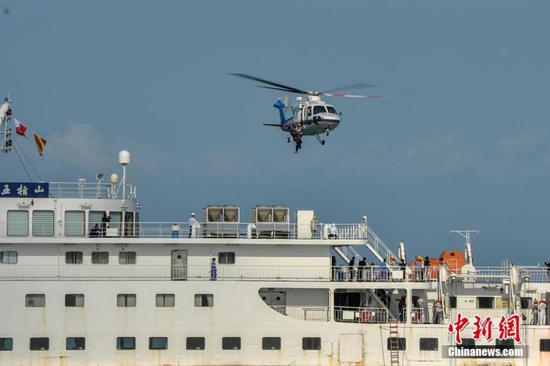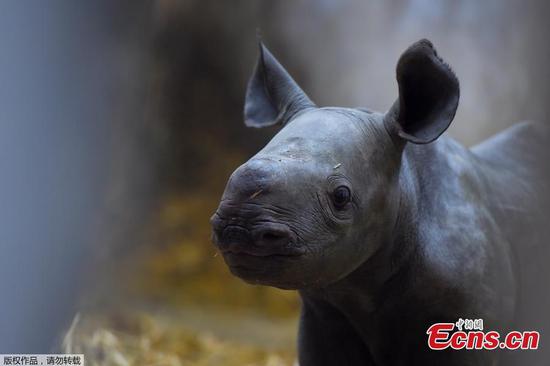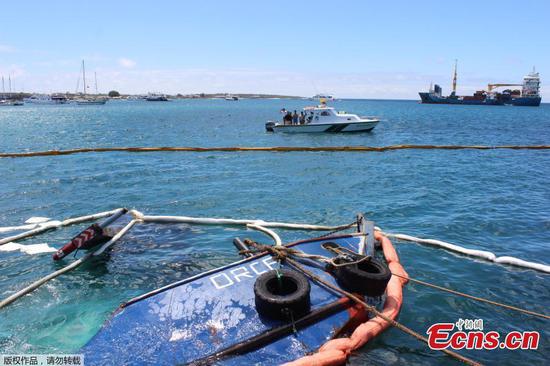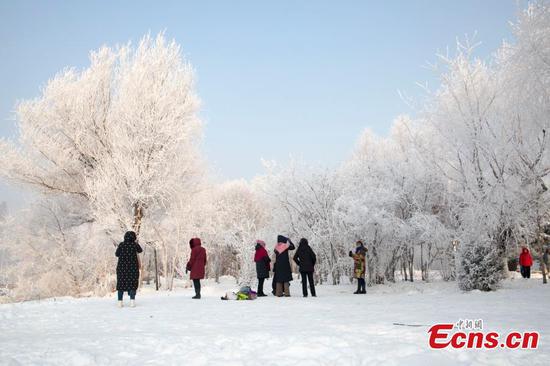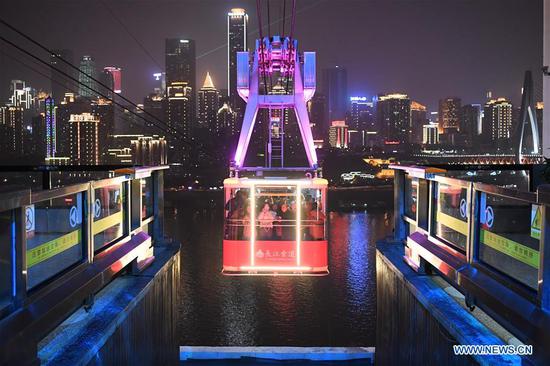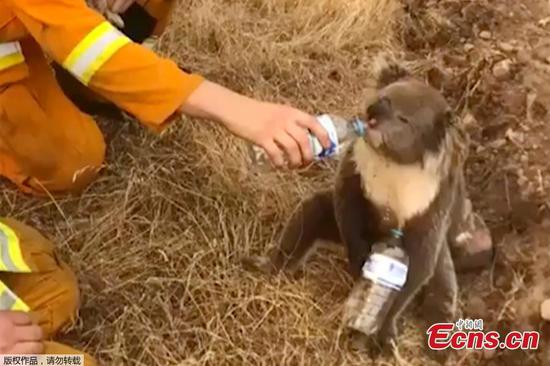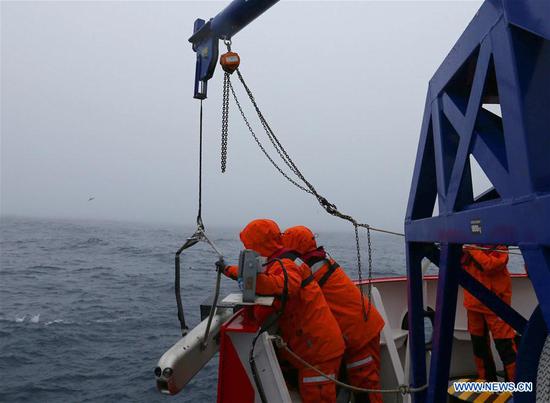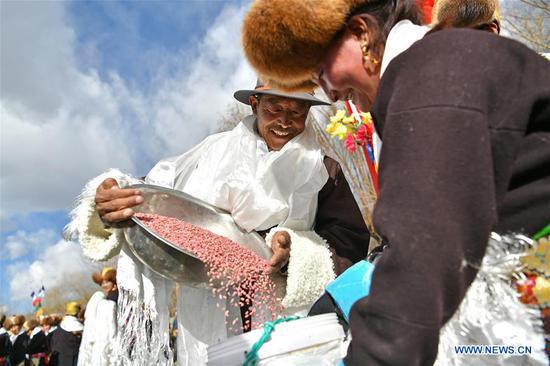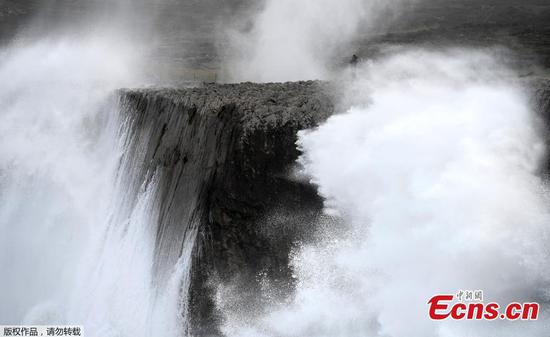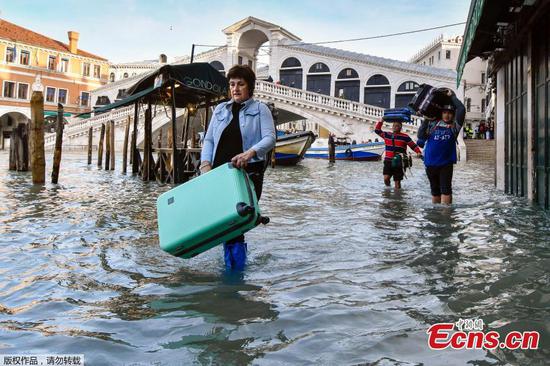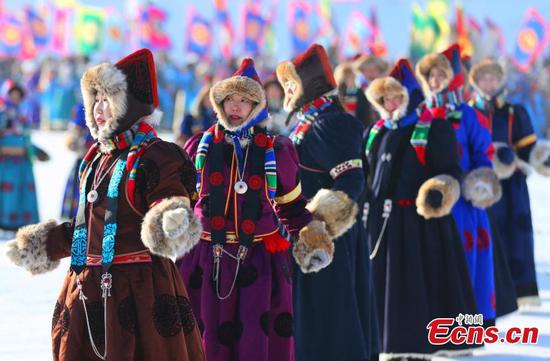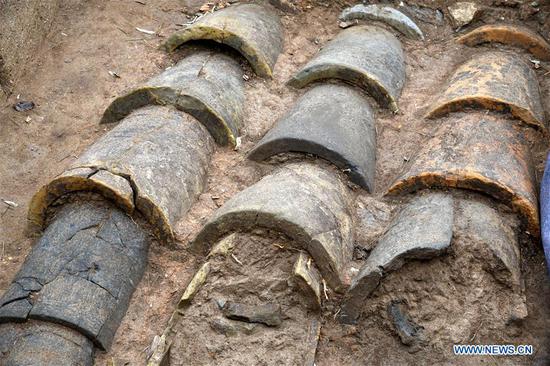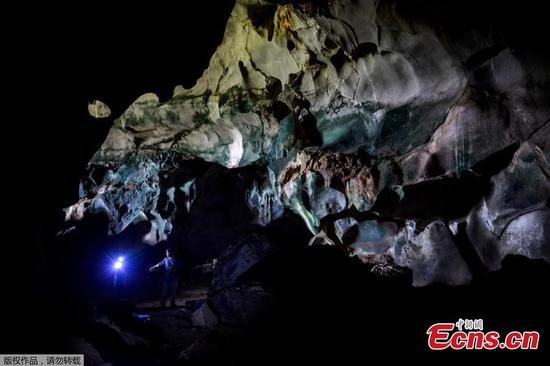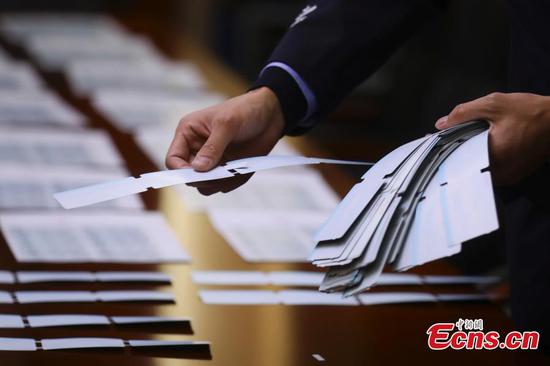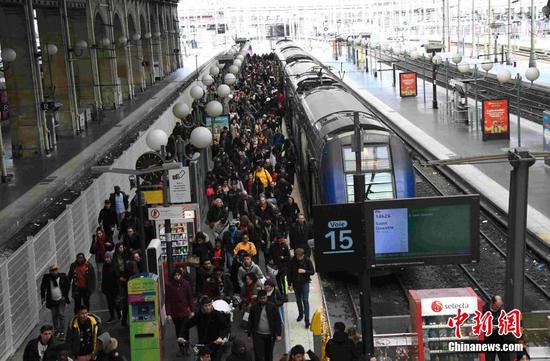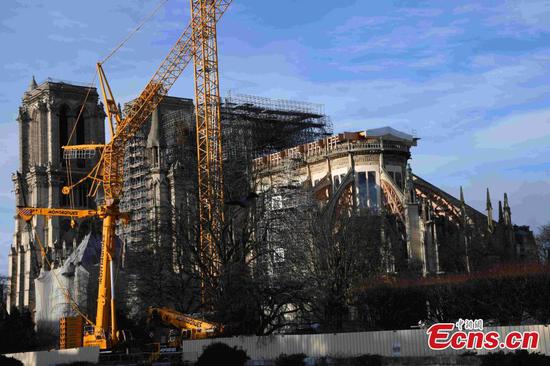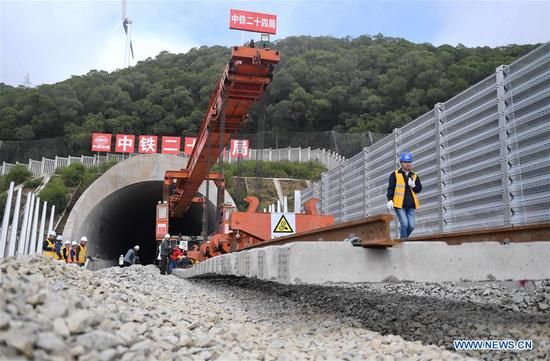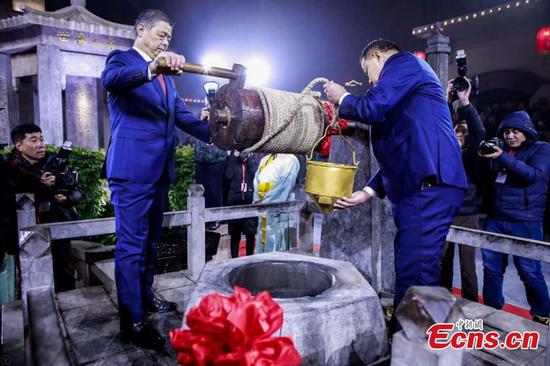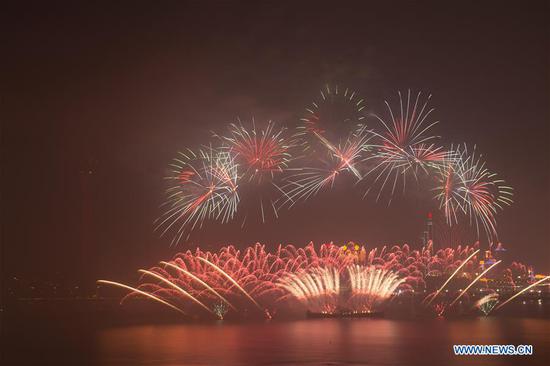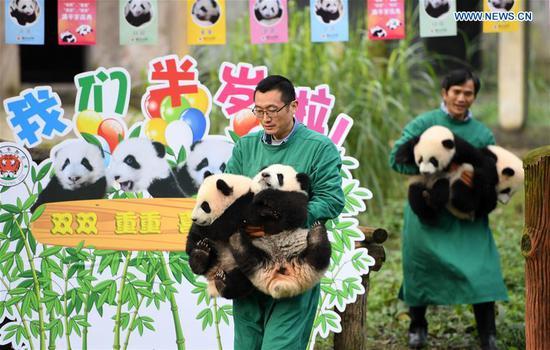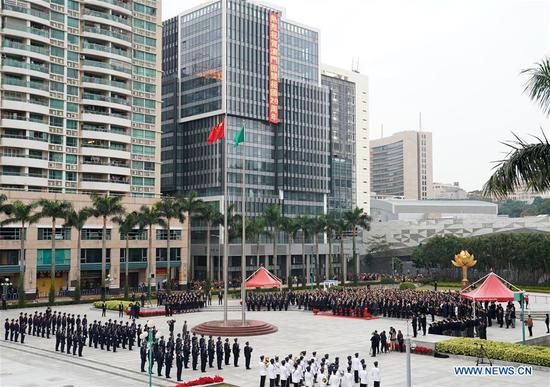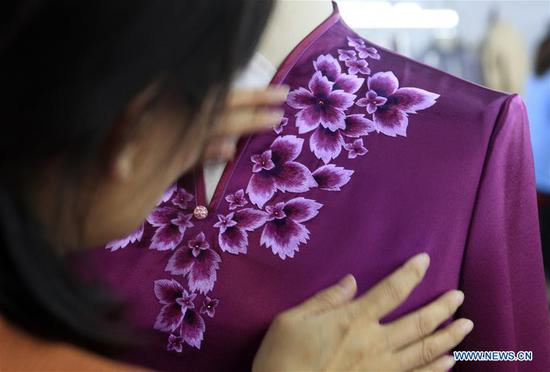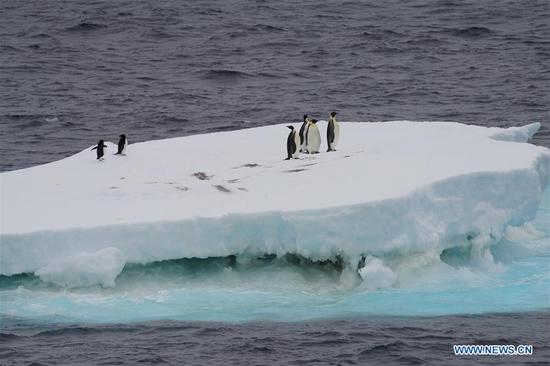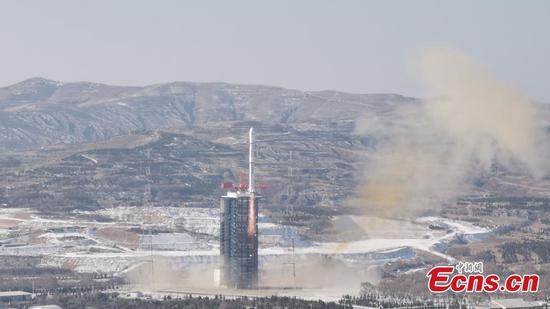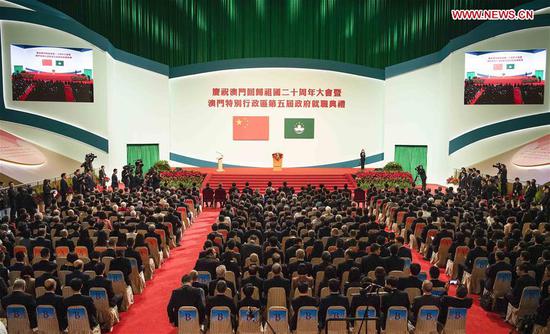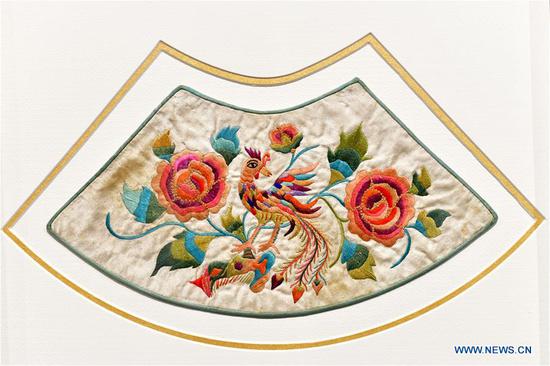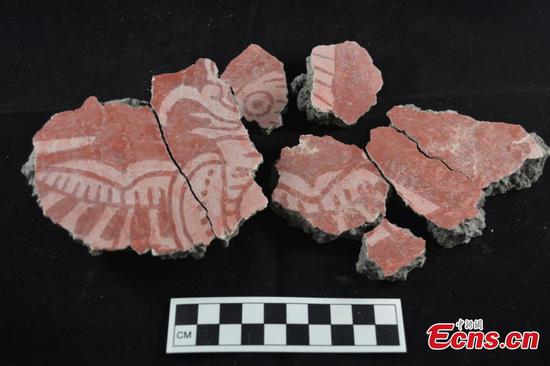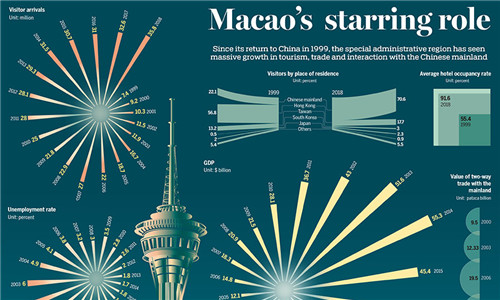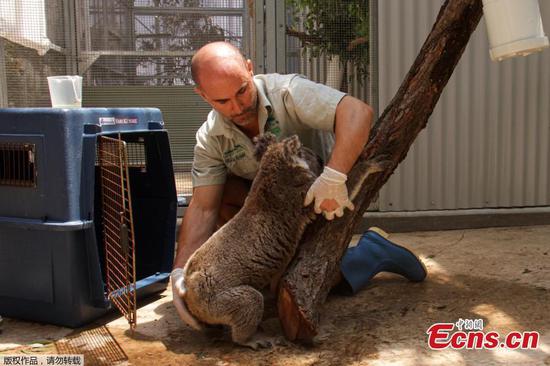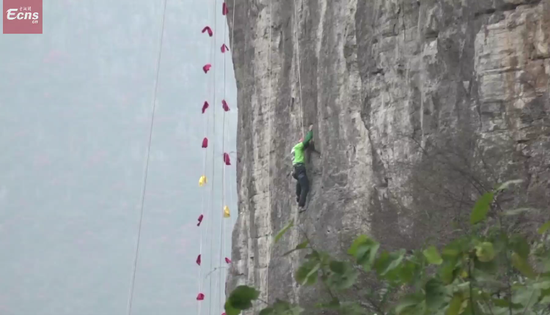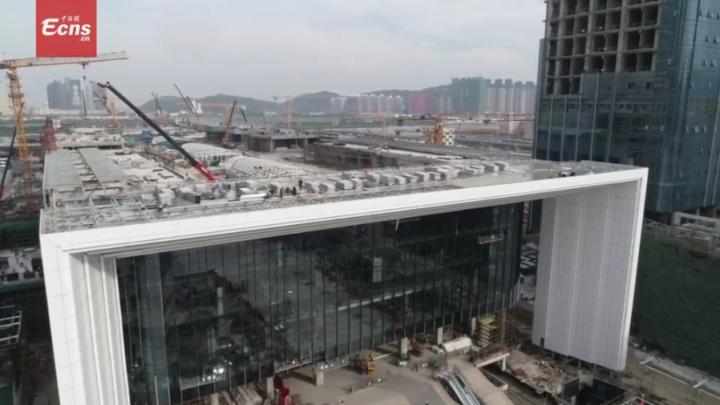Q10. Could you please update us on what China has achieved in neighborhood diplomacy this year?
Wang: There are many highlights in China's neighborhood diplomacy this year. They can be summed up in three categories.
First, we have improved and developed relations with our neighbors in an all-round way. President Xi Jinping and Indian Prime Minister Narendra Modi had a successful second summit in Chennai and charted the course for the steady growth of China-India relations. China and Japan reached a 10-point consensus on improving and growing bilateral ties, giving the relationship a strong momentum to return to the right track. China-ASEAN relations have entered a new stage of all-round development, as evidenced by the important progress made in the consultation on a Code of Conduct in the South China Sea and greater stability in the region. President Xi attended both the summit of the Shanghai Cooperation Organization (SCO) and the summit of the Conference on Interaction and Confidence Building Measures in Asia, elevating China's relations with Central Asian countries and the development of the SCO to a new level.
Second, important progress has been made in regional cooperation. With China's active participation and contribution, text-based negotiations were concluded for the Regional Comprehensive Economic Partnership, and a timeline drawn up for its formal signing. What's more, the full entry into force of the China-ASEAN FTA Upgrading Protocol and the eighth Trilateral Summit Meeting among China, the Republic of Korea and Japan held in China will inject fresh impetus to the trilateral cooperation and to the building of an East Asia Economic Community.
Third, overall stability has been maintained in the region. With regard to the Korean Peninsula, China has been vigorously promoting talks for peace, and China's idea of a package solution to the peace and denuclearization of the Peninsula through phased and synchronized actions is becoming the common understanding of various parties. On Afghanistan, as part of its shuttle diplomacy, China has facilitated the intra-Afghan dialogue and the China-Afghanistan-Pakistan and the China-Russia-U.S. consultation, and hosted the first China-Russia-U.S.-Pakistan four-party meeting. During the India-Pakistan conflict, China supported the efforts of the two sides to defuse tensions and manage differences through dialogue. China has served as a mediator between Myanmar and Bangladesh to encourage a negotiated solution to their outstanding issues.
Q11. This year has seen important progress in the consultations on a Code of Conduct (COC) in the South China Sea. Are you confident about its final conclusion?
Wang: The consultations on the COC are steadily moving forward. The first reading was completed ahead of schedule. During the recent China-ASEAN Summit, countries agreed on a common goal of concluding the consultations in 2021 or even earlier. This represents an aspiration shared by all sides for the continued improvement of the situation in the South China Sea. It also demonstrates the sense of responsibility that China, the largest littoral state of the South China Sea, holds.
As an upgraded and strengthened version of the Declaration on the Conduct of Parties in the South China Sea (DOC), the COC will include a set of high-quality regional rules that are more substantive and responsive to the actual needs of the region. The final conclusion and implementation of the COC will secure greater stability in the South China Sea, help us manage differences more effectively, and further promote mutually-beneficial cooperation among all sides. At the same time, the legitimate and lawful rights and interests of countries from outside the region will be protected in earnest. We believe that as long as China and ASEAN countries work in concert toward the same goal, the consultations will be completed on schedule. In this connection, we hope that non-regional countries will respect the efforts made by China and ASEAN countries and refrain from doing anything that disrupts the consultation process.
Q12. The Middle East is far from being peaceful. What role has China played in improving peace and stability in this region?
Wang: Peace in the Middle East bears on the fundamental interests of all regional countries and the stability and development of the world at large. With instability in the Middle East, the world can hardly sustain peace.
China is always a peacemaker in the Middle East. We have upheld the authority and effectiveness of the Joint Comprehensive Plan of Action (JCPOA) and encouraged parties concerned to resolve differences through dialogue and consultation. We are committed to working on the basis of the two-state solution and the Arab Peace Initiative to break the stalemate in the Palestine-Israel peace talks at an early date. On regional hotspots such as Syria, Libya, South Sudan and Yemen, we have been promoting peace talks, and proposed China's solutions. We have sent a total of 27,000 peacekeepers to the region and provided massive humanitarian aid to the refugees of some regional countries.
China always promotes stability in the Middle East. At the first Middle East Security Forum hosted by China, we called for efforts to build a common, comprehensive, cooperative and sustainable security architecture in the region. Our four-point initiative of upholding political settlement, defending fairness and justice, leveraging the role of the UN, and creating synergy was warmly received by the participating countries.
China is always a contributor to the development in the Middle East. We have acted on the vision of "development for peace" and helped countries in the region to speed up industrialization and build capacity for self-generated development through Belt and Road cooperation.
Q13. President Xi Jinping's vision for a community with a shared future for mankind has been widely endorsed. How will the vision develop?
Wang: The world is undergoing profound changes unseen in a century. This is an era of major development, transformation and adjustment. President Xi Jinping, with a keen understanding of the trend of history and the overall and long-term interests of all countries, has put forward this important and creative vision of building a community with a shared future for mankind. That is China's answer to what puzzles our world and China's solution to the challenges of our times. The vision transcends differences in social systems, development stage, ethnicity and religion. It reflects a broad global perspective and deep insight into how history moves forward. From the moment it was proposed, this vision has been highly commended and warmly received by the international community.
The call for a community with a shared future for mankind is the very essence of Xi Jinping Thought on Diplomacy and the hallmark of major-country diplomacy with Chinese characteristics in the new era. Following the direction given by President Xi Jinping, we will uphold mutual respect and equal-footed consultation and follow a new path of state-to-state relations featuring dialogue rather than confrontation, and partnership rather than alliance. We will seek peaceful settlement of disputes, bridge differences through cooperation, and develop a fairer and more equitable global governance system. We will pursue cooperation for win-win outcomes, promote trade and investment liberalization and facilitation, and work toward an open world economy. And we will advocate respect for the diversity of civilizations, and promote exchanges, mutual learning and inclusiveness among civilizations. As long as we stay focused and work together with all other countries, this great goal of building a community with a shared future for mankind is surely within reach and our planet will enjoy a brighter future.
Q14. How do you envision China's diplomacy in the coming year?
Wang: Next year will be a year of great significance for the renewal of the Chinese nation. In 2020, China will eradicate extreme poverty and build a moderately prosperous society in all respects, meeting its first centenary goal.
In the coming year, all of us working on the diplomatic front will rally closely around the CPC Central Committee with Comrade Xi Jinping at its core and earnestly act on Xi Jinping Thought on Socialism with Chinese Characteristics for a New Era and Xi Jinping Thought on Diplomacy. We will continue to forge ahead and strive to break new ground for major-country diplomacy with Chinese characteristics. We will fulfill our responsibilities to our country, to the Chinese nation, and to the world and all humankind.
We will bear in mind both domestic and international dynamics, serve major national development strategies, and foster an external environment conducive to our goal of building a moderately prosperous society in all respects. We will take firm and proper measures to counter all sorts of external risks and challenges and defend our sovereignty, security and development interests.
We will continue to deepen global partnerships, by steadily moving forward our relations with other major countries, by advancing converging interests with neighboring countries, and by cementing our solidarity and friendship with other developing countries. We will continue to champion multilateralism, engage deeply in global governance, and make more Chinese input to the joint response to global challenges. We will work actively to expand international cooperation and promote high-quality Belt and Road cooperation to forge a global partnership for connectivity.
We will strive to modernize our system and capacity for diplomacy to better communicate to the world the success story of the Communist Party of China, of socialism with Chinese characteristics, and of the united and hardworking Chinese people.









